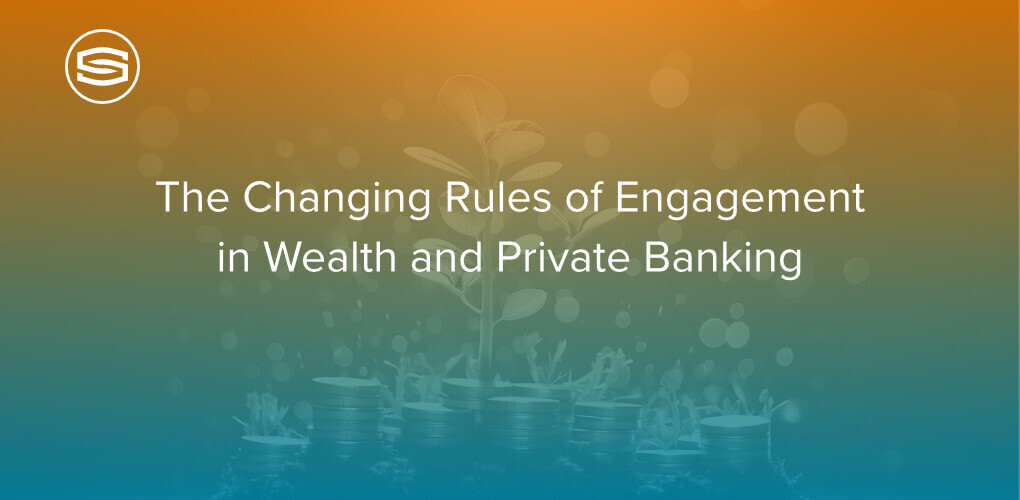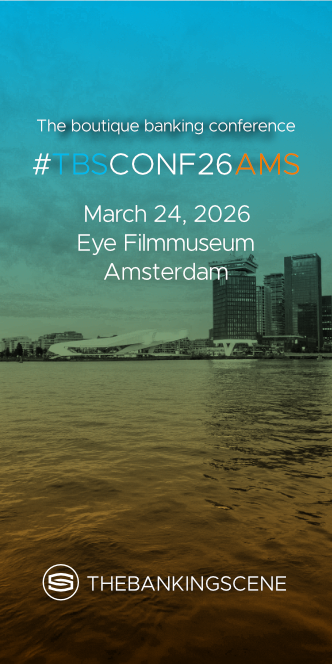
Insights & Opinions
The Changing Rules of Engagement in Wealth and Private Banking
Tue, 26 Mar 2024


When organizing a banking event in Luxembourg, it is inevitable to come across the private and wealth banking sector. As someone with a retail banking background, this can be a bit intimidating, but it also presents an exciting opportunity to explore a new area of banking that I am not as familiar with.
On January 30th, we had a panel discussion on the changing rules of engagement in wealth and private banking, featuring heads of wealth management from some of the biggest players in the industry. It was fascinating to draw parallels between the private banking world and the retail banking world and to observe the differences in how they engage with clients.
In this article, I would like to share with you some of the key lessons that I learned from that session.
Client expectations
As we all know, customer demand is constantly evolving, and the same is true for wealth banking. While digital transformation took longer to catch up in this industry, due to the higher profitability of customers it is now unavoidable. Customers expect to have access to their financial information and advice 24/7, while still being able to talk to an advisor when needed.
People have become accustomed to digital, and now they expect it everywhere. However, the scale at which digital is being delivered is completely different from that of retail banking. The number of clients in private and wealth banking is much smaller, and the audience expects a customised experience based on individual profiles and needs.
Clients no longer wish for an appointment for onboarding or yet another identification of the Ultimate Beneficiary Owner, etc. Digital onboarding and digital communication tools are prerequisites to ensure that the available personal contact time can be spent to gain a good understanding of the client on both a personal and financial level, as well as their family and business situation.
The heavy regulation of KYC used to be a burden on banks, but today, they realise that this is also an opportunity to improve their processes. This includes leveraging regulations around sustainability and ethical investments to guide clients towards more responsible investment choices.
But there is more, and that was likely even more interesting. The panellists all agreed that the conversations are changing. There is a shift towards more meaningful conversations about wealth, its purpose, and its legacy. Clients are increasingly interested in topics like philanthropy, family governance, and the overall impact of their wealth.
“Our advisors love these sustainability and philanthropic debates, because it enables them to engage in another type of conversation with the clients, where they open up in ways that you don't get from filling out a suitability questionnaire.”
It shows that private and wealth banking is no longer a pure money-making business. There was an acknowledgement of the need for wealth management institutions to contribute positively to society and encourage clients to consider the societal impact of their investments.
Organisational changes for better engagement
That, in turn, requires a complete shift in client advisory. Where in the past, every client had their own advisor; matters are so complex, and clients are so diverse that more expertise is needed than one person can cover. We learned that one of the challenges in private banking was the shift from a (single) personal advisor, to a team effort to offer the best possible service.
Banks can no longer depend on individual relationships; they need to collect much more information through a centralised tool with standardised workflows to ensure the entire team has a holistic view of the client.
“A company cannot be client-centric if it's not process-centric as well. I hope that DORA (DevOps Research and Assessment) will accelerate the review of our processes to ensure they are future-proof and that we are willing to embrace and deal with any changes that may arise. Creating a positive culture within the company is important for this to succeed.”
Institutions are increasingly measuring client satisfaction and expectations using both internal metrics and external surveys. Understanding client needs per market and customising services accordingly was highlighted as crucial.
The panellists discussed the pivotal role of technology in catering to these evolving demands. Examples included leveraging fintech partnerships for better customer relationship management (CRM) systems and client lifecycle management, enhancing digital experiences, and improving operational efficiency.
"We need to focus on change management and provide education to both our employees and clients on how to effectively use technology. It is crucial that our people are able to utilize the software to its fullest potential in order to achieve the desired return on investment. This will not only improve our operational efficiency but also help us become more client-centric.”
Conclusion
In summary, the panel highlighted the shift in private banking and wealth management towards more client-centric, ethical, and technologically driven services, emphasizing the importance of adapting to changing client demands and leveraging technology for better engagement.


